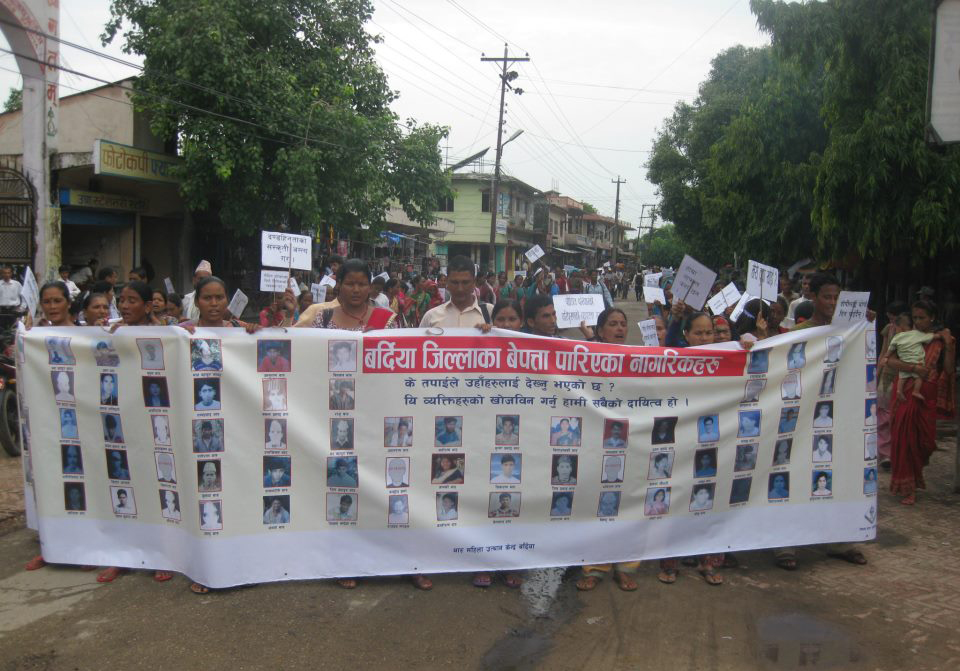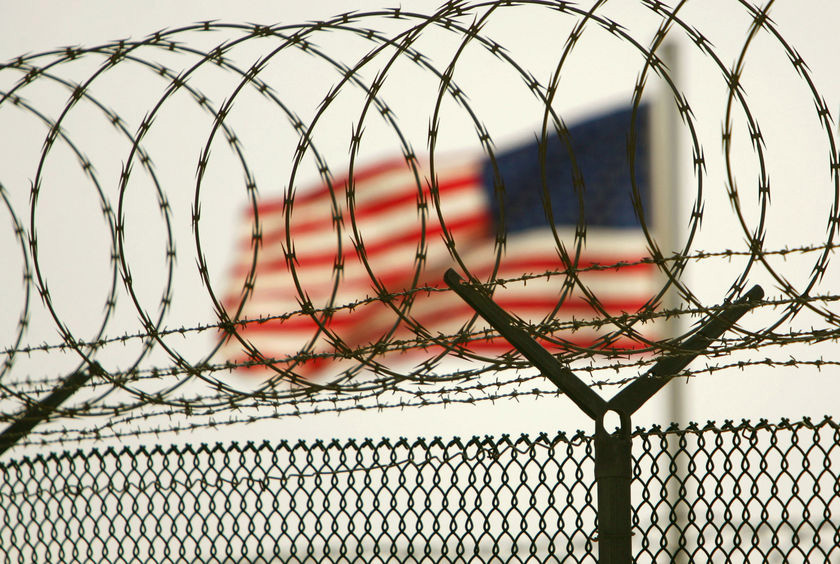
Serious setback: Singapore breaks moratorium on death penalty
The ICJ condemns the execution of Tan Hai Liang and Foong Chee Peng in Singapore today. By executing the two men, Singapore breaks the moratorium it has respected since 2011.

The ICJ condemns the execution of Tan Hai Liang and Foong Chee Peng in Singapore today. By executing the two men, Singapore breaks the moratorium it has respected since 2011.

The decision of a Thai criminal court today to dismiss the habeas corpus petition on behalf Pholachi “Billy” Rakchongcharoen highlights the need for the Thai Government to launch a special investigation into his possible enforced disappearance, the ICJ said.

The Protection of Pakistan Act 2014 signed today by the President will aggravate human rights violations in the country instead of helping to protect Pakistani people from attacks by armed groups, the ICJ says.

The Nepal government should immediately fix crucial flaws in the Truth and Reconciliation Commission (TRC) Act, particularly those highlighted in a new United Nations evaluation, the ICJ and other rights groups said today.

La CIJ expresa su honda preocupación por la cancelación de las visas a dos voluntarios de las Brigadas Internacionales de Paz.
Descargar: Guatemala-Visa-Brigadas de Paz-news-web story-2014-spa
